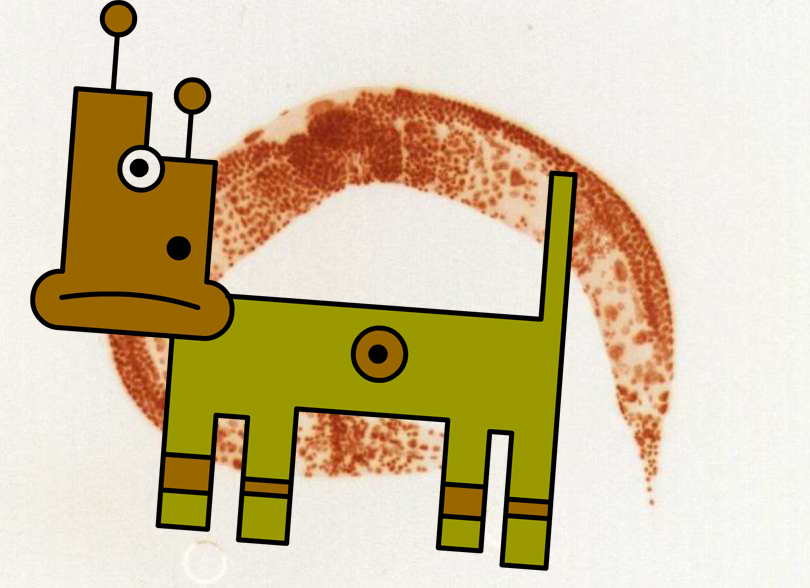
A new study, conducted by researchers from Northwestern University in Illinois, has revealed that a simple genetic “switch” may be the key to the solving the mystery of aging.
The study of worms showed adult cells abruptly begin their downhill slide when they reach reproductive maturity. A genetic switch then allows aging to begin by “turning off” certain processes which protect cells within the body.
The finding is significant because humans have the same genetic switch – and means eventually it may be possible to delay aging and certain degenerative diseases.
Genetic switches then start the aging process by turning off cell stress responses that protect cells by keeping important proteins folded and functional. The results, published in the journal Molecular Cell, claim to pinpoint the start of aging, disproving the theory that aging is a slow series of random events.
Researchers studied the transparent roundworm C. elegans, and found this “switch” is thrown by germline stem cells in early adulthood after it starts to reproduce ensuring its line will live on. C. elegans have a biochemical environment similar to that of humans and are a popular research tool for the study of the biology of aging and are used to model human diseases. Knowing more about how the quality control system works in cells could help researchers one day figure out how to delay degenerative diseases related to aging, such as neuro-degenerative diseases.
“Wouldn’t it be better for society if people could be healthy and productive for a longer period during their lifetime?” said Richard Morimoto, the senior author of the study said.
“I am very interested in keeping the quality control systems optimal as long as we can, and now we have a target. Our findings suggest there should be a way to turn this genetic switch back on and protect our aging cells by increasing their ability to resist stress.” The scientists found in C. elegans the decline begins eight hours into adulthood, when all of the switches get thrown to shut off the animal’s cell stress protective mechanisms. Professor Morimoto also found it is the germline stem cells responsible for making eggs and sperm that controls the switch.
In animals including C. elegans and humans the heat shock response is essential for proper protein folding and cellular health. Aging is associated with a decline in quality control, so Morimoto looked specifically at the heat shock response in the life of C. elegans. “We saw a dramatic collapse of the protective heat shock response beginning in early adulthood,” he said. “C. elegans has told us that aging is not a continuum of various events, which a lot of people thought it was. In a system where we can actually do the experiments, we discover a switch that is very precise for aging. All these stress pathways that insure robustness of tissue function are essential for life, so it was unexpected that a genetic switch is literally thrown eight hours into adulthood, leading to the simultaneous repression of the heat shock response and other cell stress responses.”
Using a combination of genetic and biochemical approaches, Professor Morimoto found the protective heat shock response declines steeply over a four-hour period in early adulthood, precisely at the onset of reproductive maturity. The animals still appear normal in behaviour, but the scientists can see molecular changes and the decline of protein quality control. In one experiment, the researchers blocked the germline from sending the signal to turn off cellular quality control. They found the somatic tissues remained robust and stress resistant in the adult animals.

